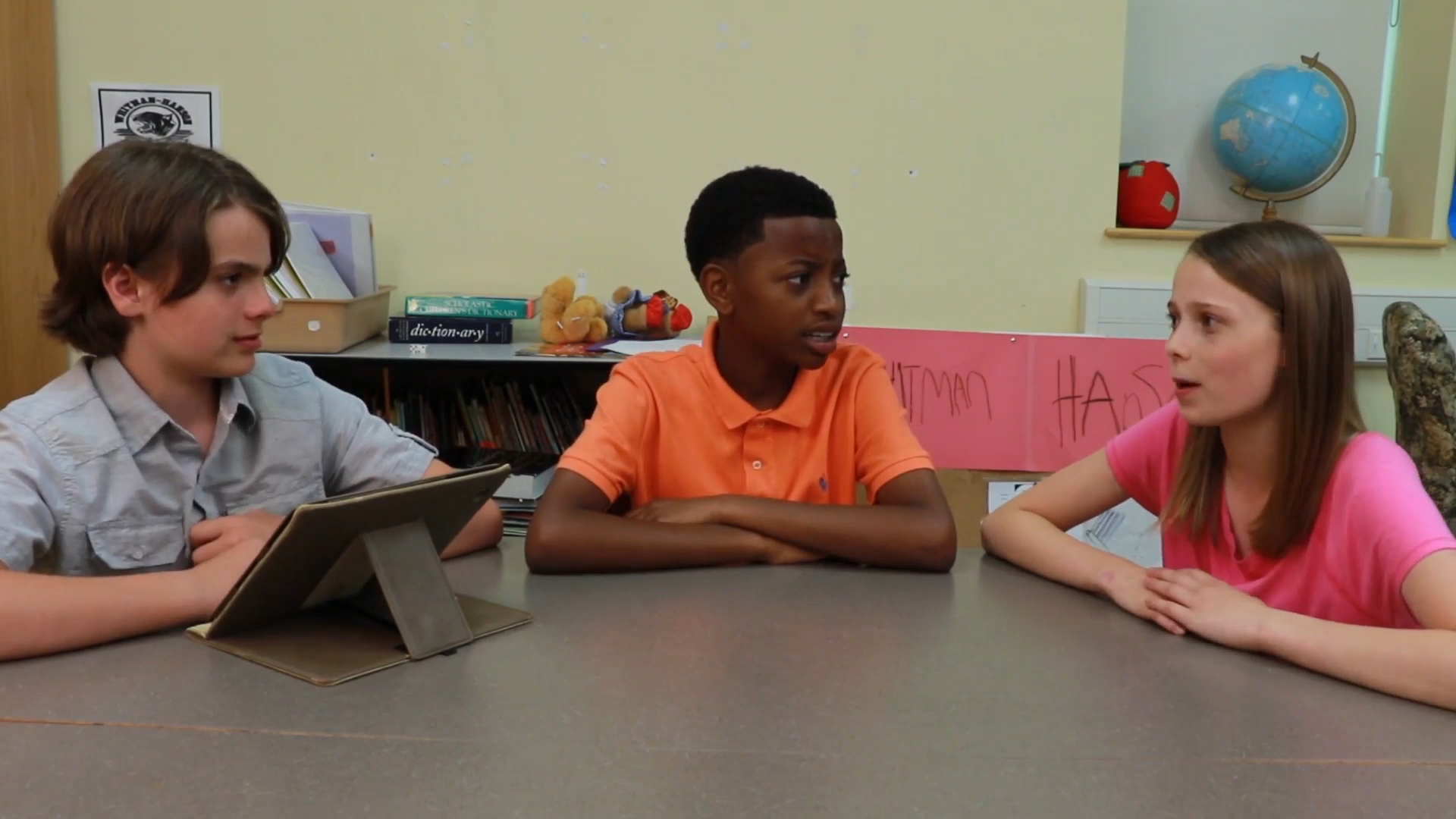Introduction
As educators, we understand the importance of teaching our PreK students the value of having an open mind and being flexible. A closed mind, or being rigid, can lead to difficulties in accepting change and incorporating new ideas. In this blog post, we will discuss an activity that requires no preparation or materials, as well as provide discussion questions to further stimulate conversation about the importance of staying flexible and keeping an open mind.
No-Prep Activity: The Balloon Game
In this simple, no-prep activity, students will learn the importance of being flexible and open to change through a fun, engaging game. To play the Balloon Game, have the students stand in a circle. Explain that they will be passing an imaginary balloon around the circle, and each time the balloon reaches a student, they must change the balloon’s size, shape, or color in their imagination.
As the students pass the imaginary balloon, encourage them to share their changes with the group. This activity highlights the importance of being open to new ideas and adapting to changes. The Balloon Game also demonstrates that change can be fun and exciting, rather than something to fear or resist.
Discussion Questions
- Why is it important to have an open mind and be flexible in different situations?
- Can you think of a time when you had a closed mind and it made a situation more difficult? What could you have done differently?
- What are some strategies you can use to stay calm and keep an open mind when faced with changes or new ideas?
- How can positive thinking help us when we feel stuck or resistant to change?
- Why is it important to accept that we cannot always be in control of everything that happens to us?
Related Skills
In addition to teaching students about the importance of an open mind and flexibility, there are other related skills that can enhance their social-emotional learning. These skills include:
- Emotion regulation: Learning to manage and express emotions in a healthy way.
- Empathy: Understanding and sharing the feelings of others.
- Active listening: Paying full attention to others when they are speaking and demonstrating understanding.
- Problem-solving: Identifying and resolving problems in a constructive manner.
- Resilience: Bouncing back from setbacks and maintaining a positive outlook.
Next Steps
We hope that this blog post has provided you with valuable insights into teaching PreK students the importance of having an open mind and staying flexible. To further support your teaching efforts, we encourage you to explore free sample materials for teaching these skills and others. By incorporating social-emotional learning principles into your classroom, you can help your students develop essential life skills that will serve them well in the future.






